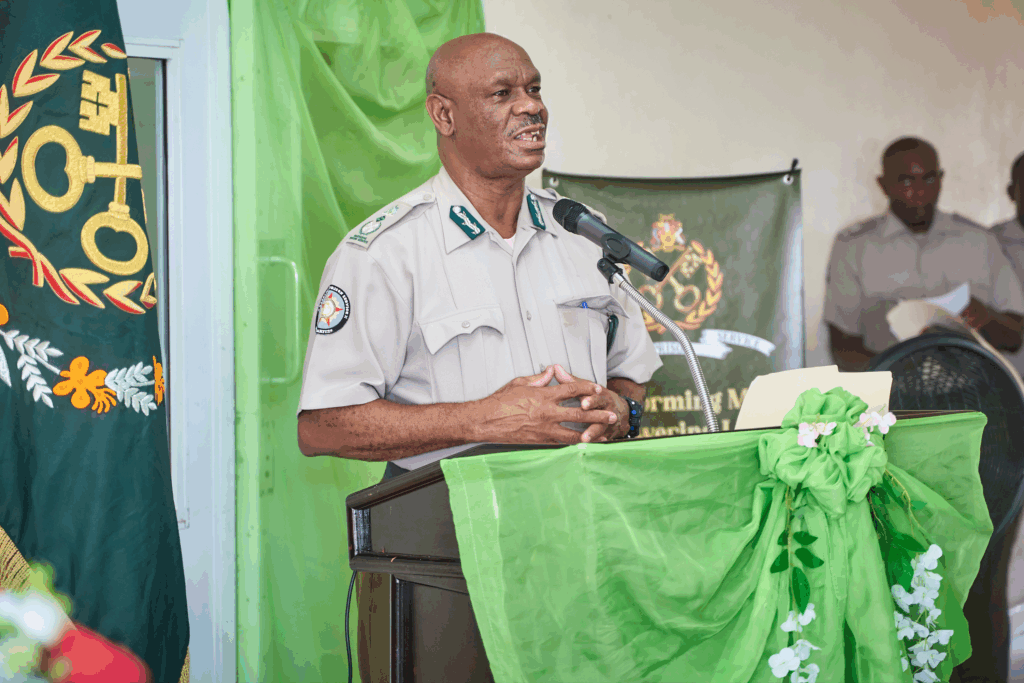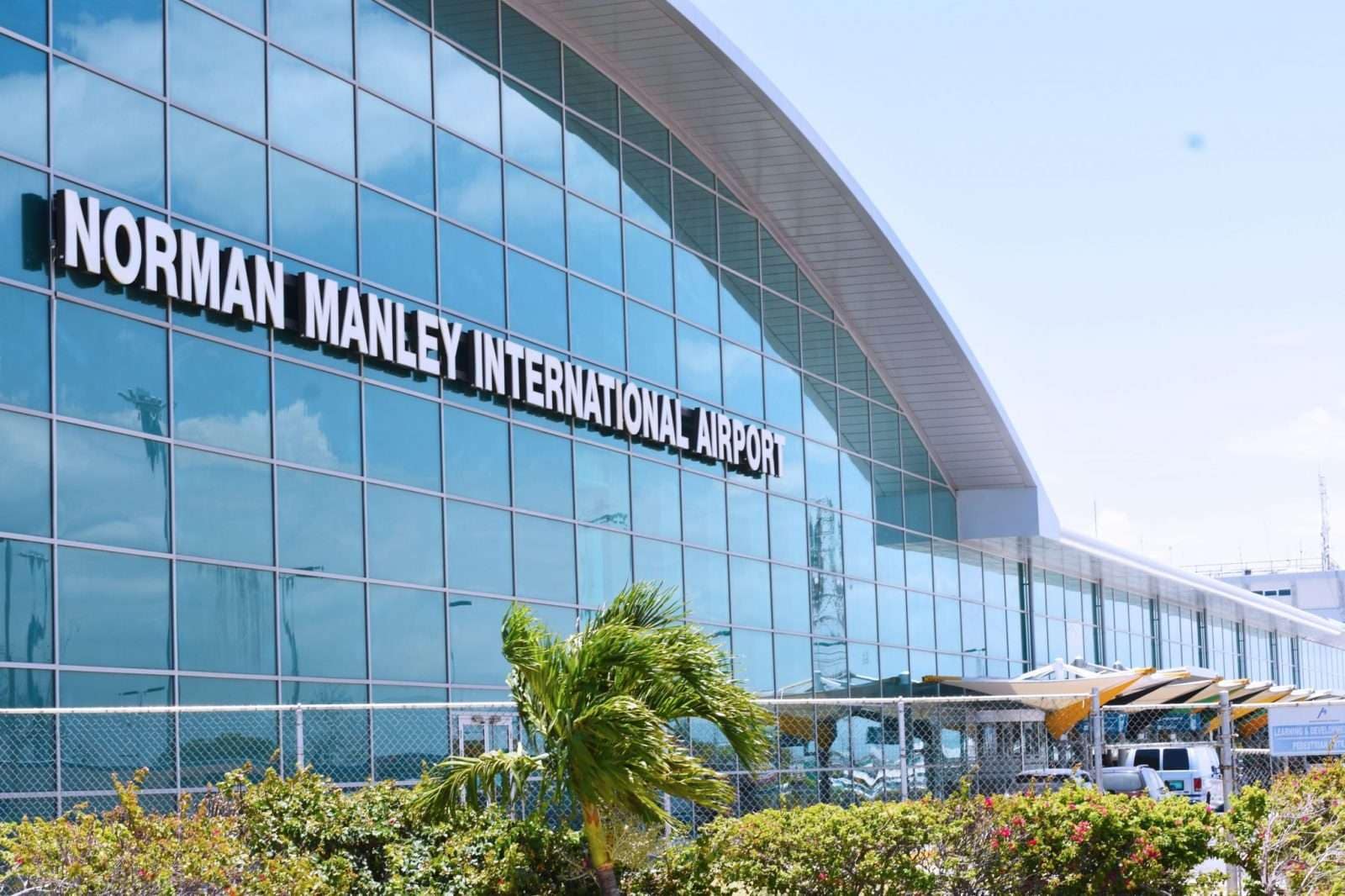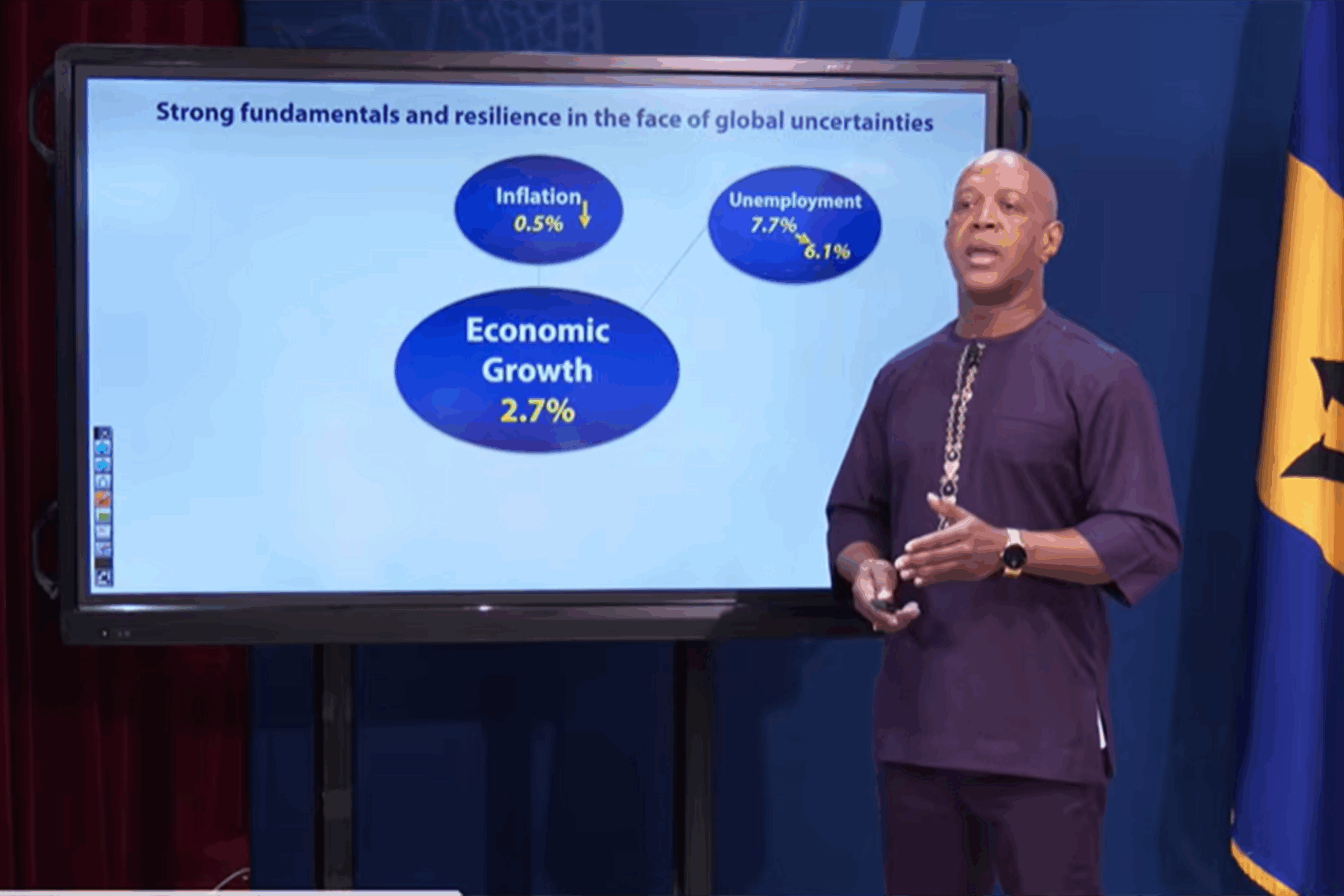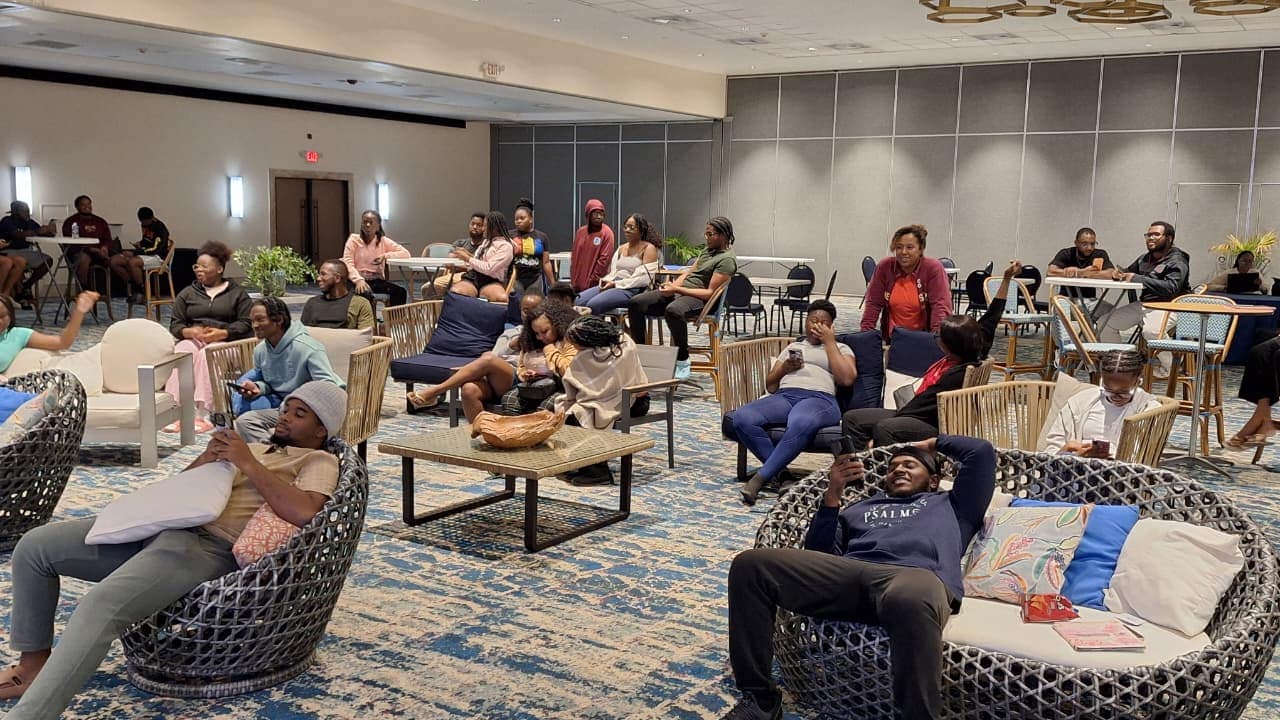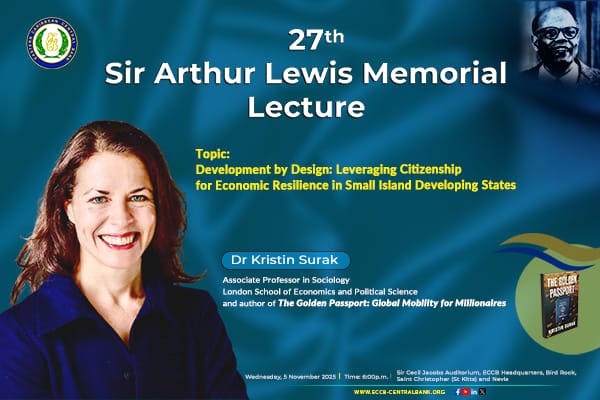Superintendent of Prisons DeCarlo Payne has issued a grave warning regarding the surge in firearm-related crimes in Barbados and its cascading impact on the nation’s correctional facilities. Speaking at the Barbados Prison Service’s 168th anniversary medals presentation ceremony at the St Philip facility, Payne highlighted how the escalating gun violence in society is now mirrored within the prison system.
博客
-
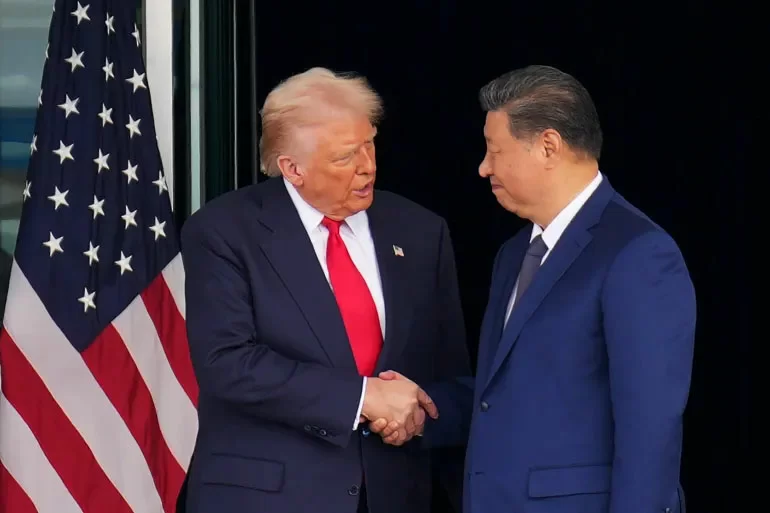
Trump en Xi sluiten handelsakkoord en verminderen spanningen in felle VS-China rivaliteit
In a significant diplomatic breakthrough, US President Donald Trump and Chinese President Xi Jinping have agreed to a one-year truce in their protracted trade war. The agreement was reached during a bilateral meeting at the Asia-Pacific Economic Cooperation (APEC) summit held in Busan, South Korea. This marks the first face-to-face discussion between the two leaders since 2019 and provides a much-needed reprieve for businesses affected by months of escalating trade tensions.
The truce includes several key provisions: China has agreed to delay its planned export restrictions on rare earth metals, while the US will refrain from imposing a threatened 100% tariff on Chinese goods. Additionally, President Trump announced a reduction in tariffs on fentanyl-related products from 20% to 10%, following President Xi’s commitment to curb the supply of the synthetic opioid. Trump hailed the agreement as ‘great’ during his Asia tour, emphasizing that ‘there is no obstacle for rare earth metals anymore.’ China also pledged to purchase ‘massive amounts’ of American soybeans.
Despite these developments, many trade barriers remain in place, and underlying disputes between the two nations remain unresolved. Analysts describe the agreement as a ‘pause and a small rollback’ rather than a resolution, with both sides temporarily halting their trade hostilities while adhering to the terms of the truce. Dennis Wilder, a former CIA and White House China expert, noted that the deal represents a temporary ceasefire rather than a long-term solution.
Market reactions were cautious, with major Asian stock indices in Hong Kong, Shanghai, and Sydney closing lower, while Japan’s Nikkei 225 remained unchanged. Investors expressed uncertainty about the durability and comprehensiveness of the agreement. However, the suspension of rare earth metal export restrictions was viewed positively by market experts, as these materials are critical for producing smartphones, electric vehicles, and military aircraft.
Trade experts have characterized the agreement as a ‘partial freeze’ or ‘small rollback’ in the trade war. The deal includes an annual review mechanism, allowing both countries to reassess their trade relationship and purchasing power each year. Cameron Johnson of Tidalwave Solutions in Shanghai described the agreement as ‘likely the best outcome both parties could achieve under the current circumstances,’ but warned that uncertainties surrounding implementation and annual evaluations could continue to influence the trade conflict in the future.
